
Once spotted, you'll want a speedy way to get rid of water bugs, even if it’s just a solo specimen you’ve spotted scurrying away.
Knowing how to get rid of water bugs is important not only because they’re deeply unpleasant, but because they bring health risks. Attracted to water, as the name suggests, they favor the warmer, damper areas of a home, like bathrooms and kitchens, compromising home hygiene in the shadows.
Here, we look at the chemical and natural pest control methods you can bring into action if you’ve identified a water bug with expertise from pest professionals.
7 ways to get rid of water bugs like a pro
Unlike getting rid of gnats or getting rid of fruit flies, these pests cannot be removed with a homemade bug spray. Instead, you will need to consider thorough house cleaning tips and possibly chemical treatments.
Oriental cockroaches typically get the name ‘water bug’ from their tendency to live in wet environments such as bathrooms, as well as their ability to travel through pipes. Because of where they live, these bugs can pose a health risk by exacerbating asthma, spreading disease, or causing allergic reactions.
For this reason, it is important to use the correct protective equipment when getting rid of these bugs from your home. To stay safe when dealing with this indoor pest, you will need:
- Thick cleaning gloves, such as the Playtex gloves available from Walmart.
- A face respirator mask, also from Walmart.
- Safety goggles, at Walmart if you suffer from allergies or are using chemical treatments.
How to identify water bugs

Before you work to get rid of water bugs, you need to check that what you are dealing with is, in fact, a water bug. It is easy to mix up water bugs vs cockroaches, especially inside your home.
There are a few ways you can identify a water bug infestation in your home. The most obvious is seeing these bugs around your home. They will typically be very dark brown in color, with long antennae and a rounded shape similar to other roaches. They will have a harder, shell-like back than some common household bugs.
Secondly, you may smell a wet, musty odor in your home, especially around areas with drains and pipes such as the kitchen and bathroom. And finally, you may see egg casings in your home when conducting your regular cleaning.
Water roaches repopulate rapidly, with one egg casing containing an average of 14 new roaches inside, so signs of eggs could mean a serious infestation has taken hold.
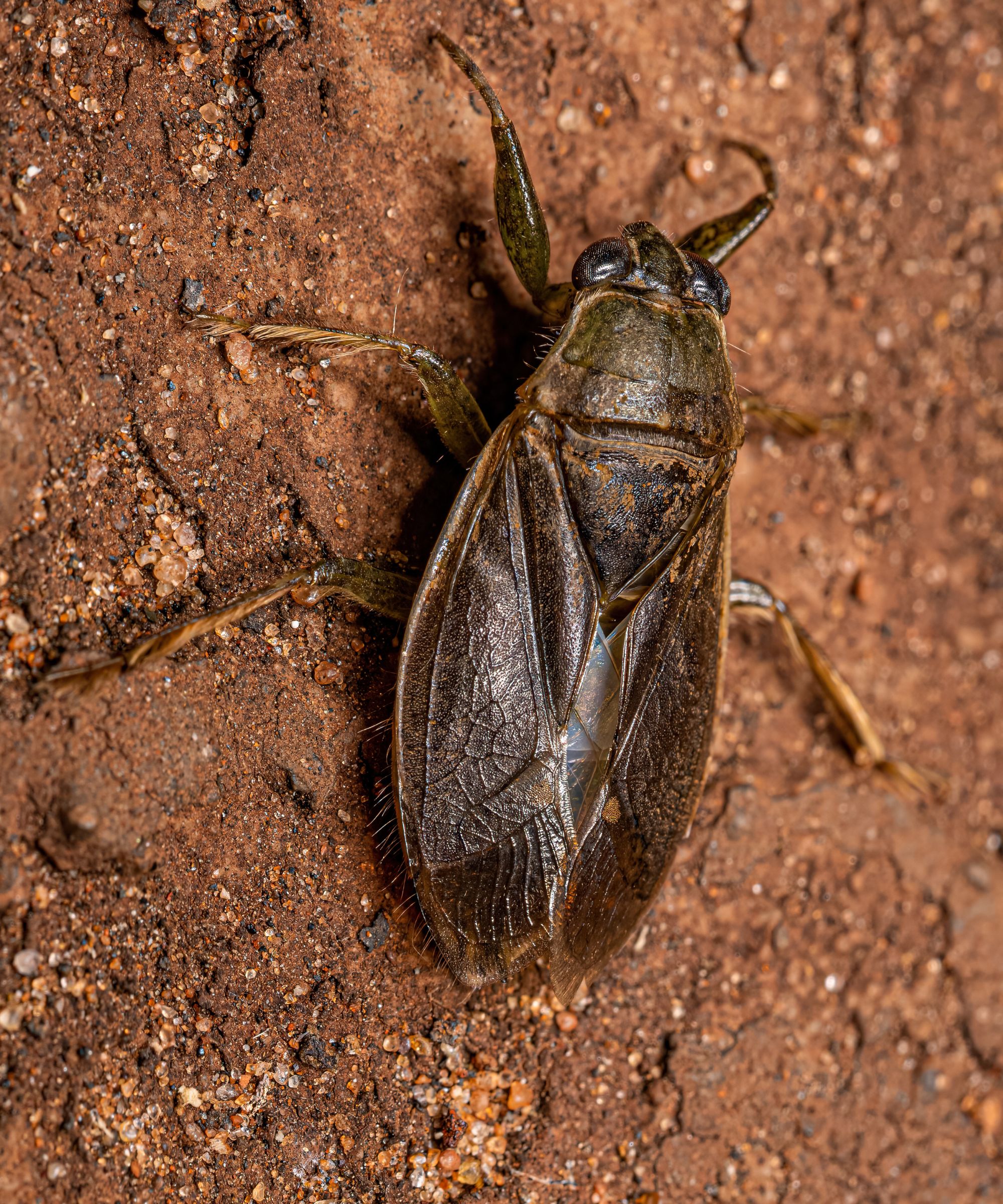
While some people call cockroaches water bugs, they are distinct from what are known as ‘true bugs’, as well as from the giant water bug. True water bugs are found largely outside, residing in open water such as ponds or slow rivers.
These bugs are very unlikely to enter your home, but may find a home by your pool ideas if it is left uncovered, your pool landscaping ideas place a lot of organic matter close to the water's edge, or your pool lighting ideas are particularly bright. Cockroaches, on the other hand, are attracted to live in damp areas, which can include those in your home, like kitchens and bathrooms.
Their diets are different, too, with cockroaches scavenging for their food. That’s another reason why a home can also be attractive to them as crumbs and perhaps pet food could provide what they need.
1. Deep clean your home

Water bugs (or roaches) thrive in unclean environments as they feast on garbage, grime, and drain scum. Make sure to properly clean your bathroom and kitchen with a particular focus on cleaning bathroom sinks and kitchen sink drains.
To discourage these pests, clean away any possible food sources and standing water as soon as possible. Things such as trash bins and chutes, drains, and decaying leaves around the exterior of your building can all attract these water bugs and encourage them to make a home.
The Clorox Scentiva Multi-Surface Spray, from Walmart, can help to disinfect surfaces and dispel odor trails from waterbugs.
2. Use chemical treatments

Chemical treatments are the most effective way of removing water bugs and roaches quickly; however, it is not a long-term fix unless coupled with other household maintenance tasks such as cleaning. There is a range of chemical treatments available to use at home that require baiting the water bugs.
David Price, entomologist and VP of strategic growth at Mosquito Joe, adds, 'I would also recommend routine applications around the foundation of an insecticide to keep water bugs away from the perimeter of our property.'
The Home Depot offers the Ortho Home Defense Insect Killer spray, designed to kill the toughest of insects, including roaches.
3. Baking soda
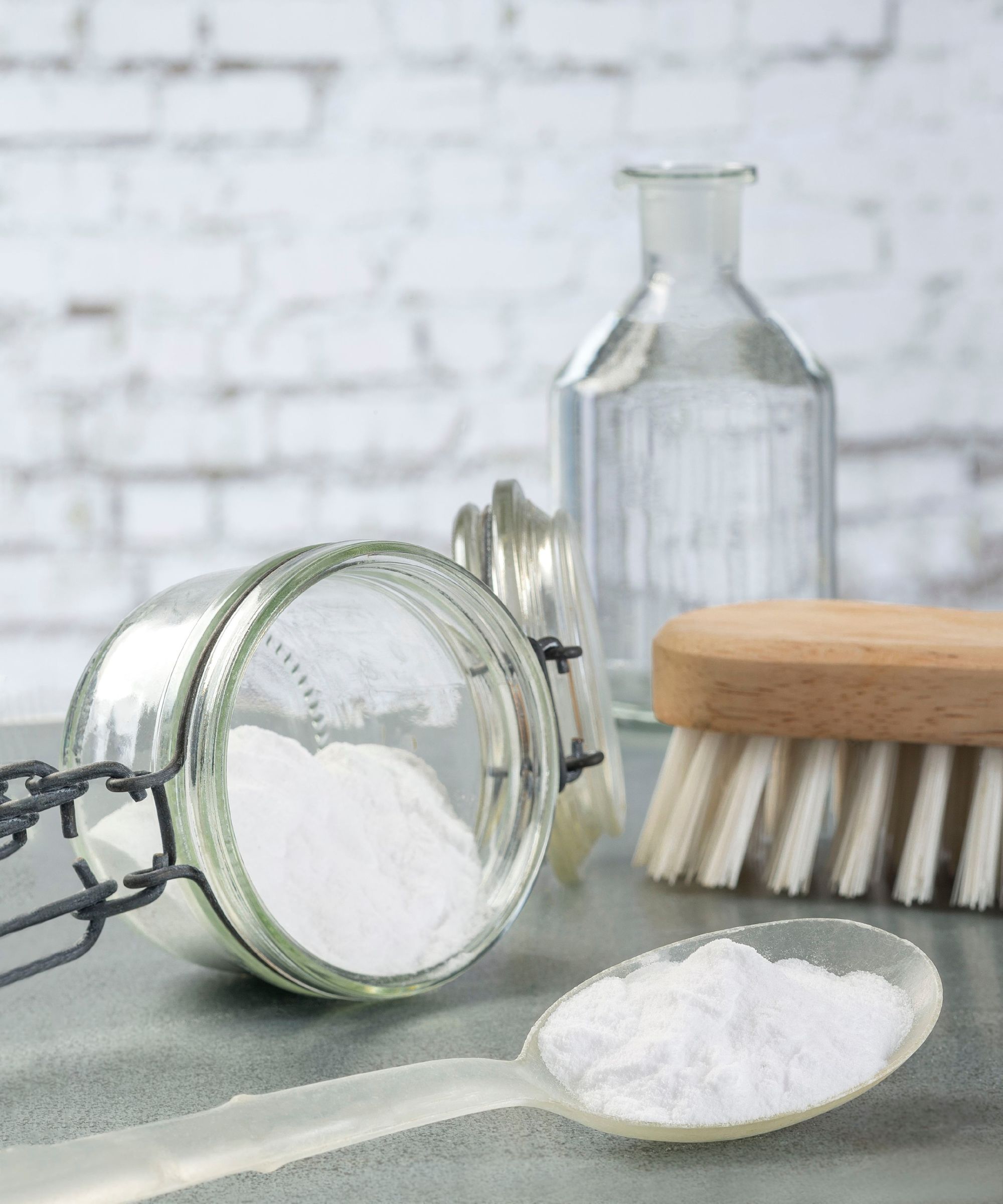
Cleaning with baking soda is an efficient, non-toxic pest control method for water bug activity.
David suggests, ‘Mix equal parts of baking soda with sugar or sugar substitute and place it in a small dish where the roaches hang out. This will typically be in a damp, dark space, such as under the sink or a dark area in a basement.'
Be aware that this is not an instant fix for water bugs or roaches. Baking soda can take up to 15 hours to kill the pest, so you'll need some patience if you don't want to use chemicals.
For persistent pest problems, pick up a 10lb bag of baking soda from Walmart.
4. Boric acid
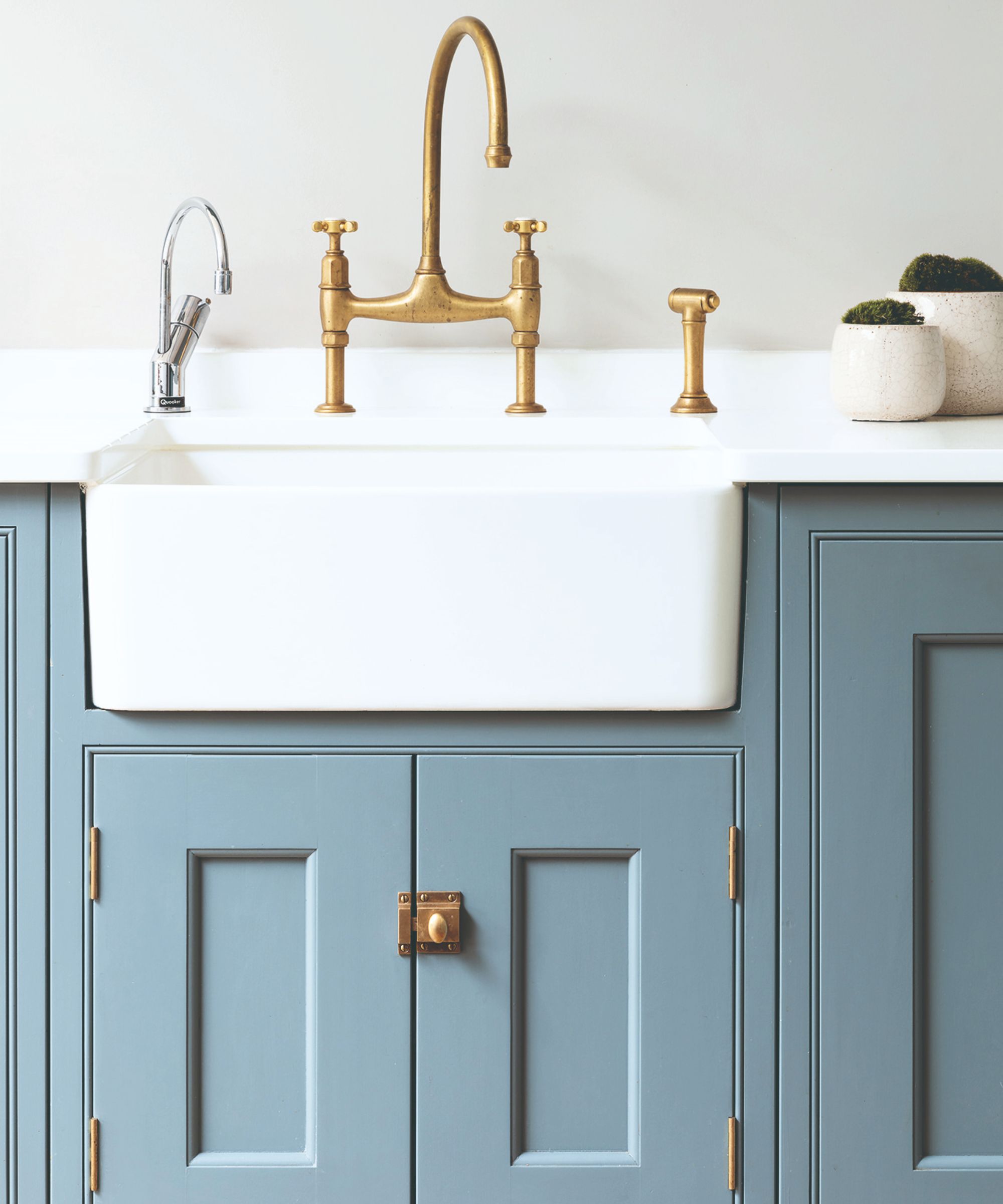
Boric acid, available in 5 lb bags at Amazon, is another alternative for dealing with water bugs. David explains, ‘Boric acid is also very popular and, again, needs to be mixed with sugar or sugar substances to draw the cockroach to consume the boric acid. It is best placed in a small dish and at locations similar to a baking soda mix.'
5. Essential oils
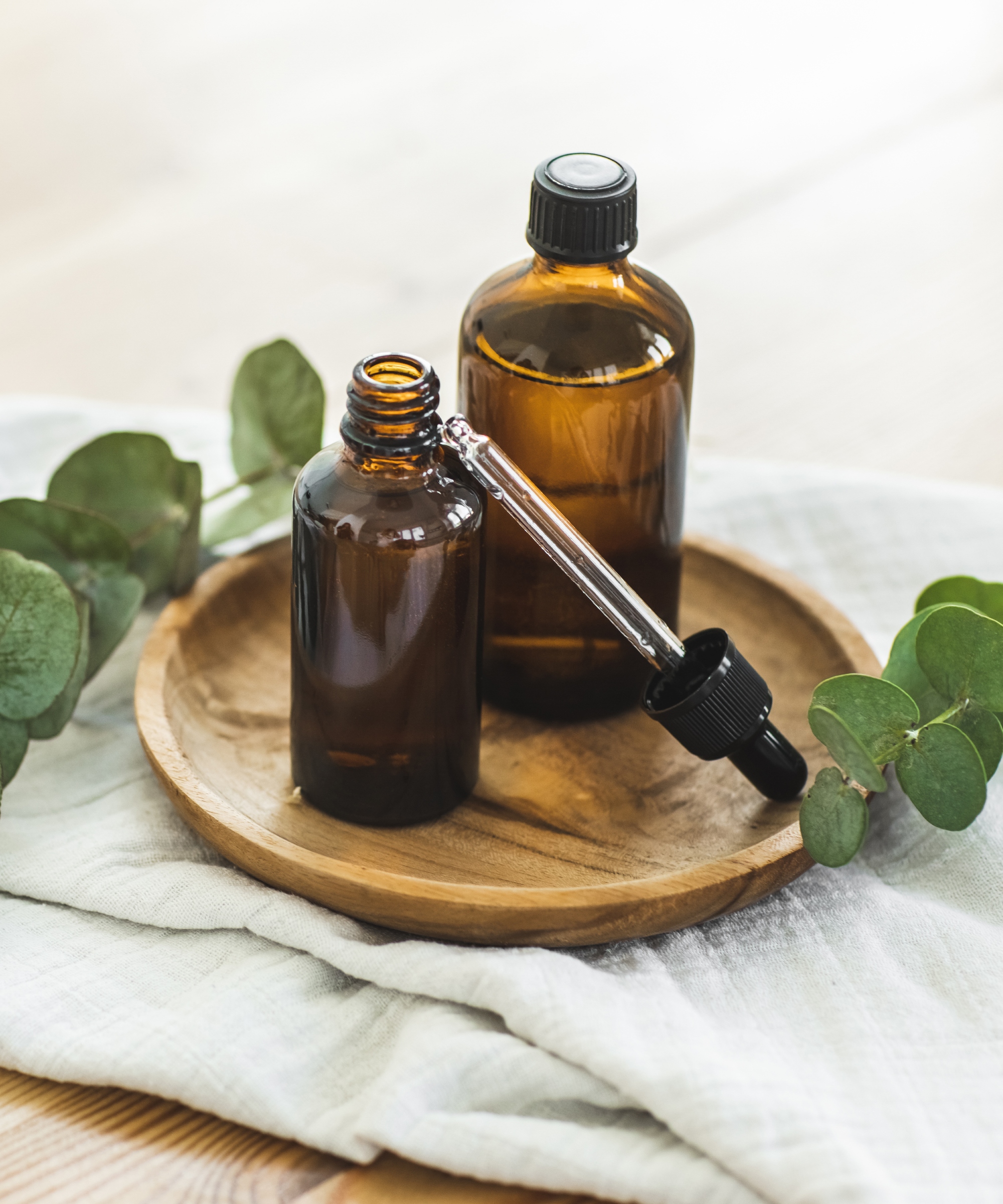
Among the unusual ways to clean with essential oils is getting rid of water bugs.
Nicole Carpenter, the CEO of Black Pest Prevention, says it can be a measure that enhances protection and reduces the presence of water bugs, and recommends picking essential oils that replicate the gorgeous scents garden pests hate, such as peppermint, eucalyptus, or tea tree, mixed with water.
‘Regularly applying this spray to areas where water bugs have been observed is recommended,’ she says.
To make mixing sprays easier, opt for an essential oil starter kit from Walmart, which has all the scents you need to deter water bugs.
6. Vinegar
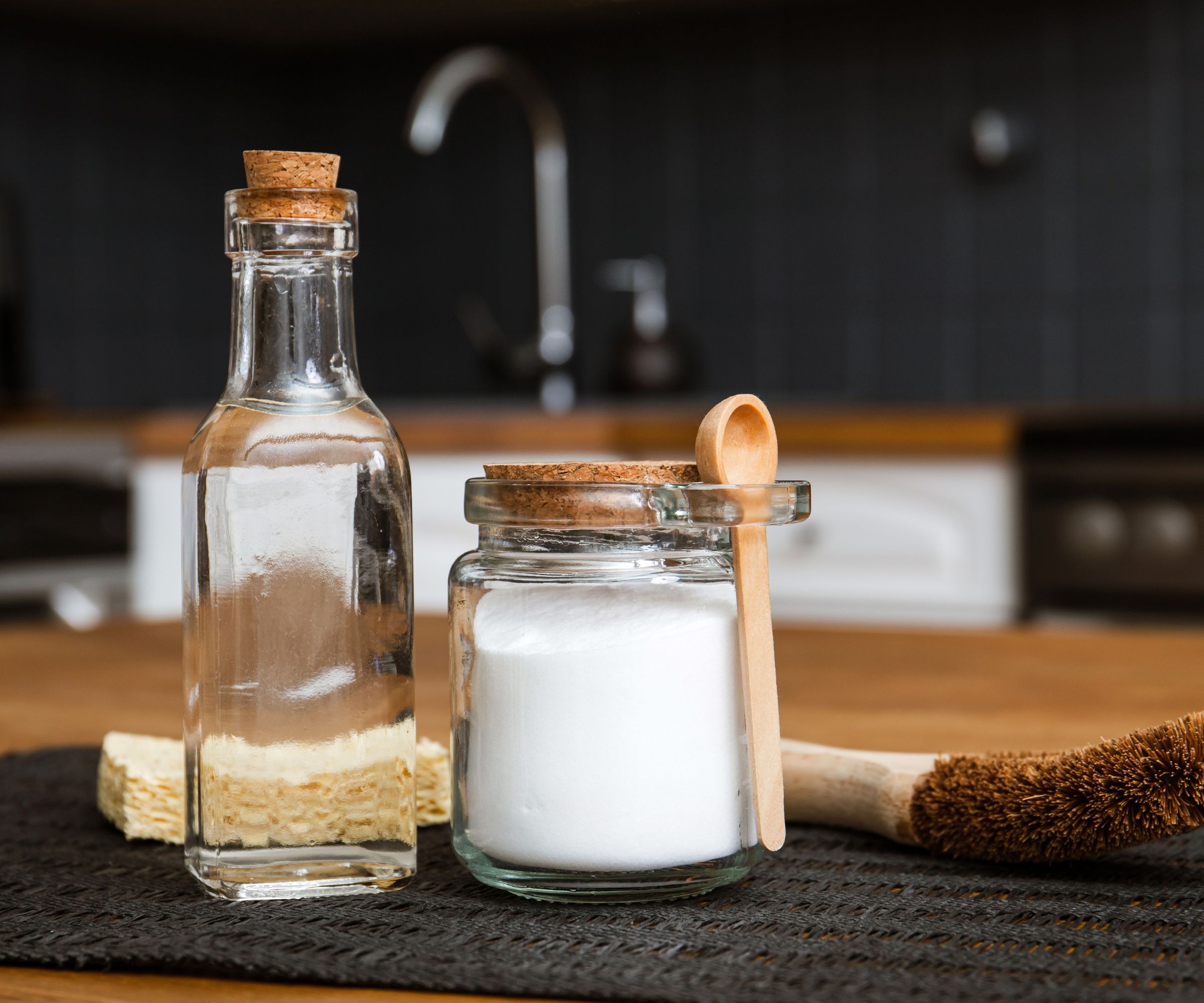
Fans of cleaning with vinegar might like to note that itmay also be abel to help with water bugs.
Nicole says, ‘You can potentially use vinegar to repel water bugs: mix equal parts of white vinegar and water in a spray bottle and repeatedly spray the vinegar solution in the identified problem areas.'
'Note, however, that while vinegar is often touted as a natural repellent for various insects, its effectiveness in repelling water bugs may vary, and should not be relied upon solely if you have spotted pests in or around your home.'
For the best shot at tackling water bugs with vinegar, opt for 30% concentrate cleaning vinegar from Amazon.
7. Call a professional
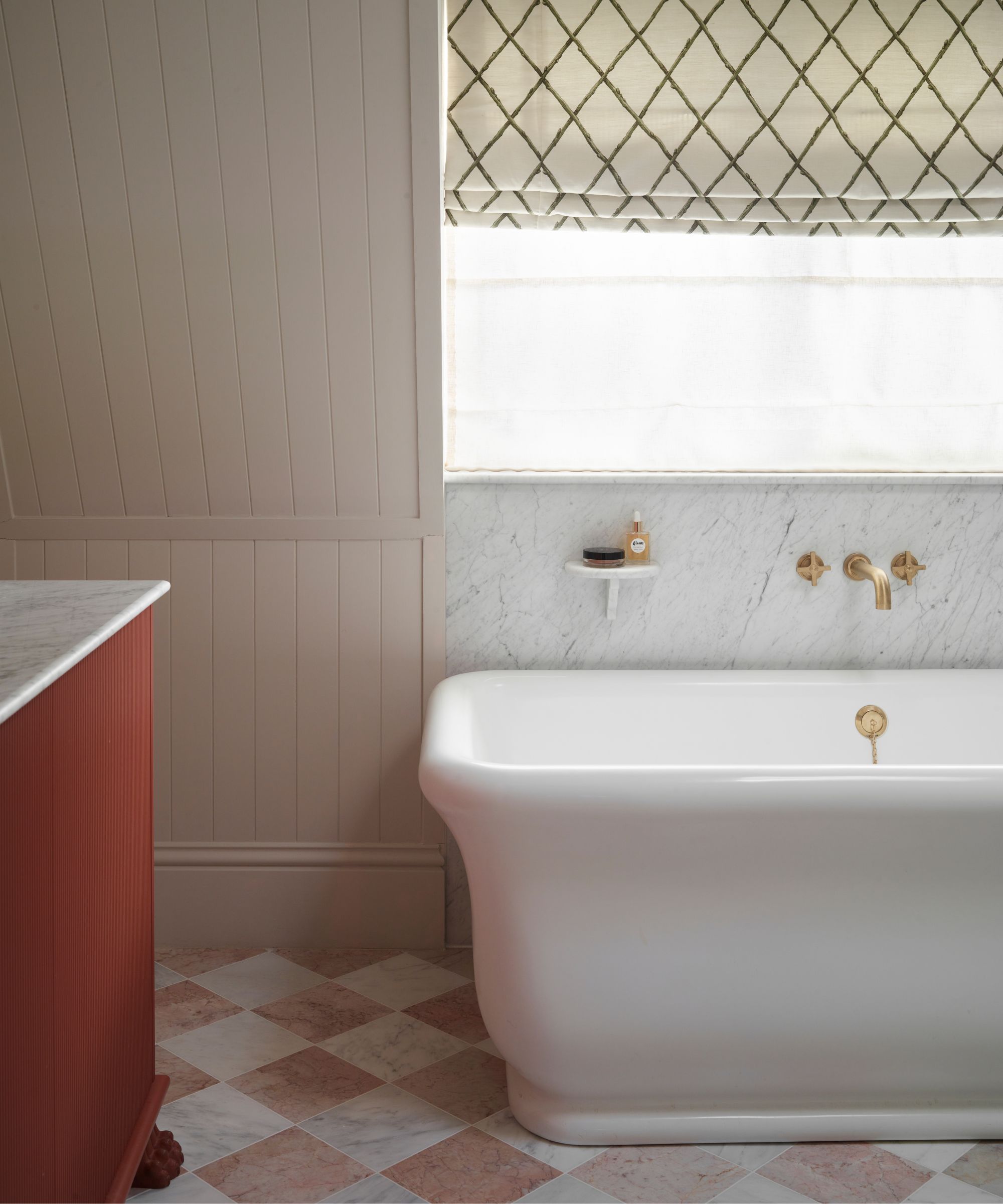
If the water bug infestation has gotten out of hand, or you are unsure about using chemical treatments yourself, or are vulnerable to allergies, consider calling professional pest control to help eradicate the problem at the source.
This is especially important if you live in a shared building, such as an apartment building, so the entire property can be involved in the control and elimination of the water bugs.
How to prevent water bugs

- Fix leaks and broken pipes: Indoor water bugs, or Oriental Cockroaches, can travel through sewers and may come into your house via your pipes and drains, often when these pipes have holes or cracks that make easy access. Reduce the chance of an infestation by ensuring there are no available entrance points and that you are not providing these insects with water from leaky pipes or faucets. As a temporary fix, you can use PTFE Plumbers Tape, from The Home Depot, to stop leaks.
- Keep your yard tidy: If your infestation is inside your home, it may be difficult to see how cleaning up your garden ideas could help. Because water bugs and roaches eat decaying organic matter and thrive in damp environments, shrubbery, plants, and fallen leaves around your property can bring them closer to your home.
What to shop
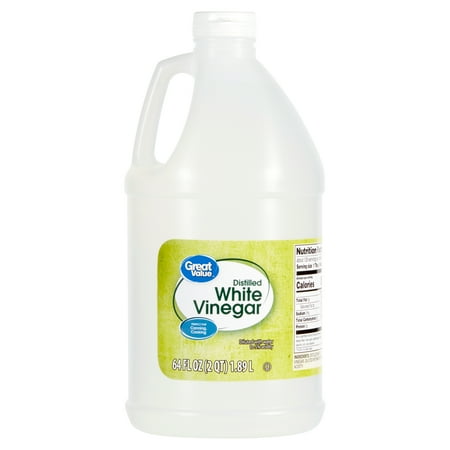
Vinegar is completely non-toxic, and has been proven to be efficient at killing mold and several strains of bacteria for a clean, pest-free home.
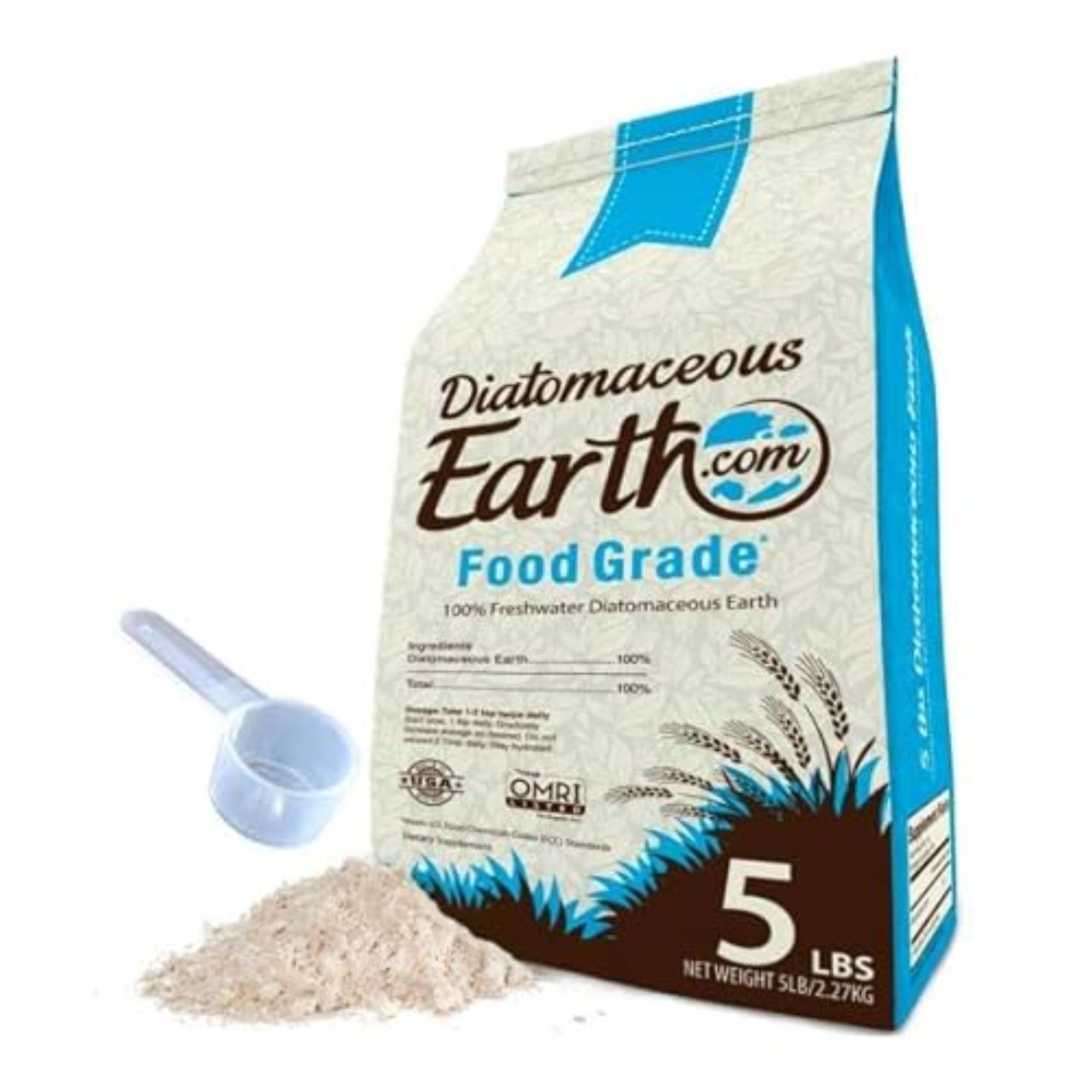
100% pure, this natural powder is safe for use around children and pets for toxin-free pest control. Simply scatter in areas of water bug activity to dry them out and kill them.

Cedar is a natural pest repellent, helping to deter roaches and moths away from storage areas such as cabinets around your home.
FAQs
What causes a water bug infestation?
'Water bugs or roaches are drawn to moisture – hence the name. If they have not come up through your pipes and drains or garbage shoots, they may have entered your home through laundry, air ducts that contain moisture, crawling under doors, or being carried in on packaging.
Water bugs may be more prevalent in apartment buildings as pipes connect units, or if your basement ideas are prone to dampness and leaks.
Can water bugs bite you?
Home water bugs, or Oriental cockroaches, can bite humans and pose a health risk. Although their bites themselves are not dangerous, they can be painful, and close contact with the insect or their waste can set off allergic reactions and asthma, especially in small children and the elderly. For this reason, it is important to eradicate them from your home quickly.
Meet the experts
Not sure if your home invader is a water bug? Brush up on how to get rid of cockroaches, too, to help clear bugs out of your property.







